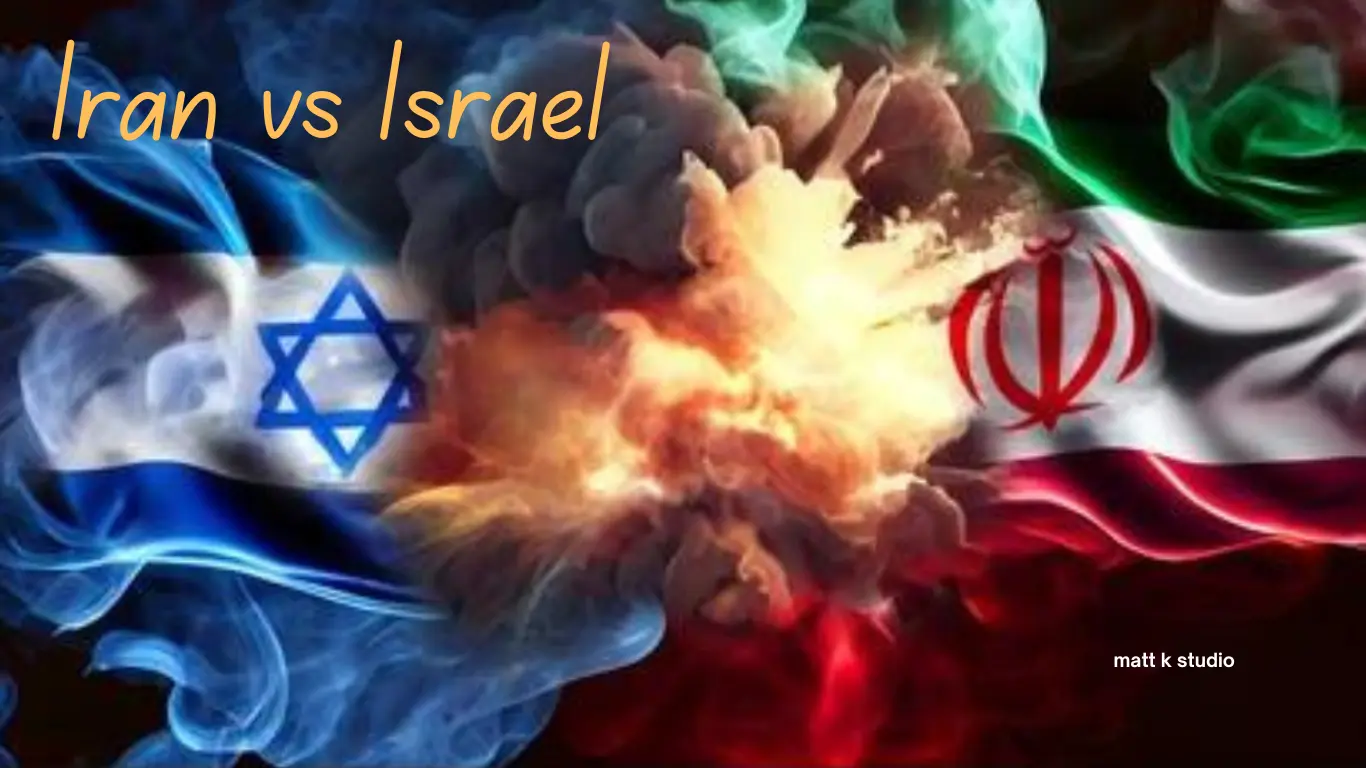The ongoing tension between Iran and Israel has escalated significantly in recent times, making headlines around the world. The two countries, longstanding regional rivals, have clashed through proxy conflicts, cyberattacks, and military actions for years. Recently, there has been a dramatic uptick in hostile activity, often referred to as the “booming of Iran in Israel.”
Historical Context
The enmity between Iran and Israel stems from political, ideological, and regional factors. Iran, a predominantly Shia Muslim country, has positioned itself as an opponent of Israel, advocating for the Palestinian cause and opposing what it considers Zionist expansion. Israel, on the other hand, views Iran as its greatest existential threat, particularly because of Tehran’s nuclear ambitions and its support for anti-Israeli militia groups like Hezbollah in Lebanon and Hamas in Gaza.
Recent Developments
In 2023-2024, the conflict reached a new peak, with a series of attacks and retaliations making the headlines. These recent escalations include:
1. Drone Strikes and Missile Attacks:
In the last year, Israel has carried out multiple airstrikes targeting Iranian military installations in Syria. Iran, in response, has increased its support for proxy militias, providing advanced drone technology and missile systems that have been used to attack Israeli targets. Some of these attacks have caused significant damage, fueling the tension further.
2. Cyber Warfare:
Another significant aspect of the conflict is cyberattacks. Both Iran and Israel have ramped up their cyber capabilities, attacking each other’s infrastructure. Israel is reported to have hit Iran’s nuclear facilities, while Iran has targeted Israel’s civilian and military infrastructure.
3. Iran’s Nuclear Program:
The renewed push by Iran to develop its nuclear capabilities has alarmed Israel. Israeli leaders have repeatedly stated that they will not allow Iran to acquire nuclear weapons, threatening military action if necessary. The recent failures in negotiations over the Iran nuclear deal (JCPOA) have exacerbated this tension, with Israel viewing a nuclear-armed Iran as a red line.
4. Attacks from Hezbollah and Hamas:
Iranian-backed Hezbollah in Lebanon and Hamas in Gaza have been increasingly involved in attacks on Israel. In late 2023 and early 2024, rocket fire from Lebanon and Gaza into northern and southern Israel became more frequent. Israel has responded with military strikes, further inflaming the conflict.
Global Implications
The heightened conflict between Iran and Israel has significant global implications:
1. Impact on the Middle East:
The increasing tension between Iran and Israel threatens to destabilize the entire Middle East. Other regional powers, like Saudi Arabia and the United Arab Emirates, are deeply concerned about Iran’s influence and military capabilities. Their alliances with Israel, previously unthinkable, have deepened, especially after the signing of the Abraham Accords.
2. The Role of the U.S. and Russia:
The United States, a key ally of Israel, has voiced its support for Israel’s right to defend itself but has also tried to avoid a full-blown war in the region. Meanwhile, Russia, which maintains close ties with Iran, has a complicated position, particularly in Syria, where Israeli airstrikes have targeted Iranian forces.
3. Humanitarian Concerns:
The increase in hostilities has had a devastating impact on civilians in the region. Both Israeli and Iranian civilians have been caught in the crossfire of cyberattacks, missile strikes, and drone warfare. International organizations are growing increasingly concerned about the potential for mass casualties and displacement.
Conclusion
The recent “booming of Iran in Israel” is not just another chapter in a long-standing rivalry; it represents a significant escalation with potentially far-reaching consequences. While military and cyber confrontations dominate the headlines, the conflict is also playing out in diplomatic and economic arenas. If left unchecked, this clash could spiral into a wider regional or even global conflict. The need for diplomatic solutions and international intervention has never been more urgent, as the stakes are higher than ever.
